An overage agreement relates to a seller’s right to receive additional payments from a buyer at some point in the future, usually after the completion of a land sale.
It is typically triggered after an event which increases the value of the land, such as the granting of planning permission. If land is sold with planning consent already in place, an overage can also ensure the original owner benefits should that permission be enhanced. For a seller it means receiving a share of the uplift in value even though they no longer own the land, while a buyer can purchase land or property at a lower price, with a commitment to pay more at a later date.
The amount payable is usually calculated as a percentage of any increase in value. The purchaser may also be liable to pay Stamp Duty Land Tax on the overage as well as the agreed purchase price.
Overages need careful consideration.
For the purchaser, it’s important to ensure that once the overage is paid the deal is complete. Some agreements can continue for subsequent planning permissions so it’s important to agree not just what – but when – the payment trigger will be. They may also want to be certain that any overage payment is not triggered until the profits from the development are realised.
The landowner meanwhile may want an additional guarantee of payment beyond the contractual relationship. This can be achieved by way of a land charge or restriction on title.
Steps should be taken to ensure the overage covers any costs incurred in enhancing the value of the land. It can be very expensive to obtain planning permission, satisfy Section 106 agreements or infrastructure requirements. The buyer will likely want these costs deducted from the final payment; the seller will probably want to negotiate.
Re-negotiating overage is costly and can lead to delays in exchange so it’s important everything is correctly documented from the outset and that both parties are clear on the exact nature of any arrangement. Seeking trusted and professional advice is therefore highly recommended.
Further information

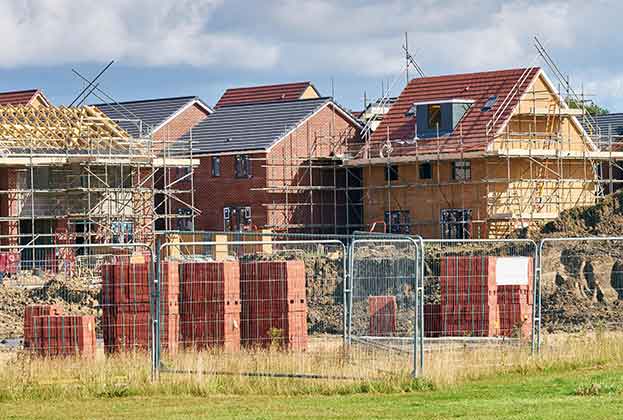
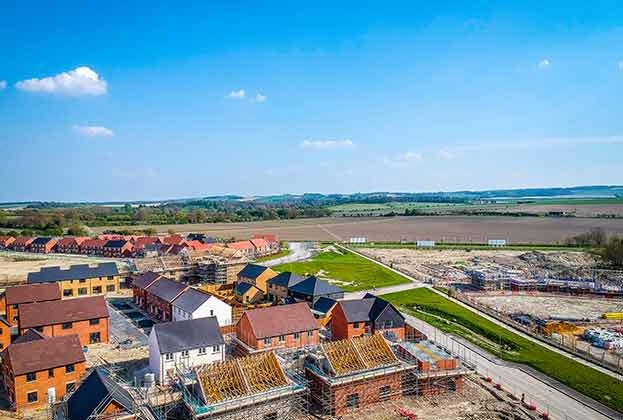
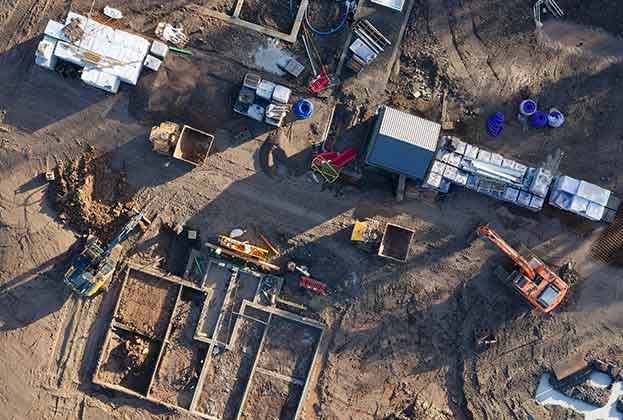
.jpg)
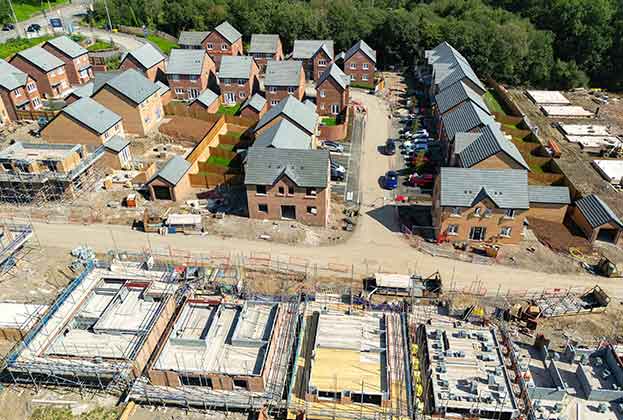

.jpg)
.jpg)
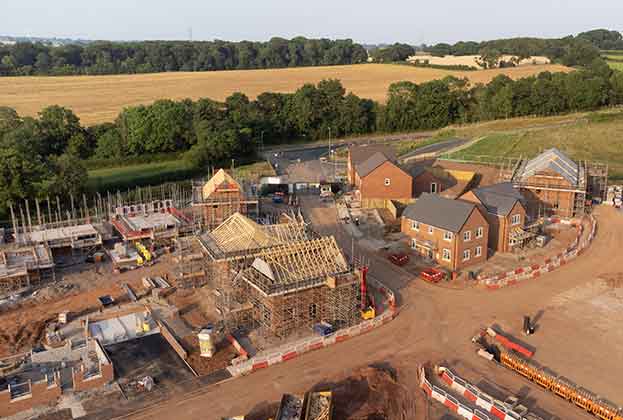
.jpg)